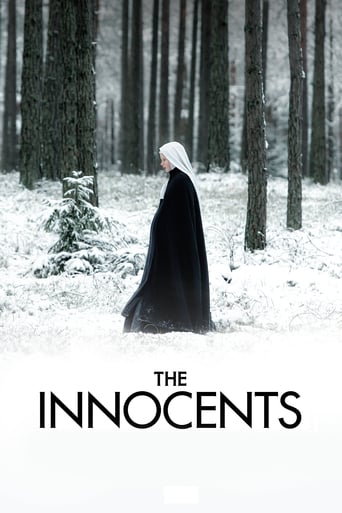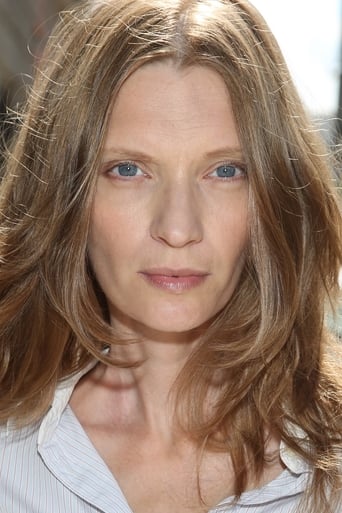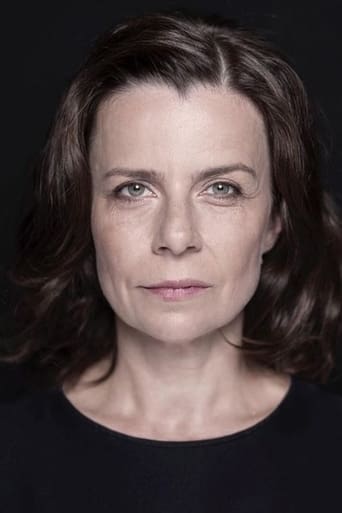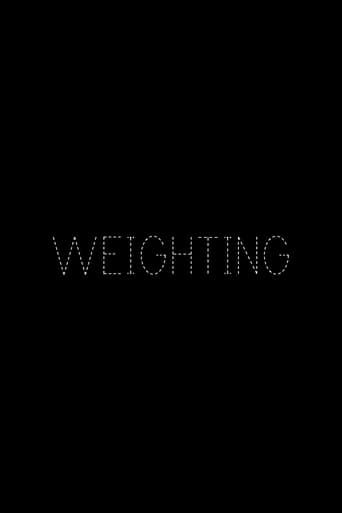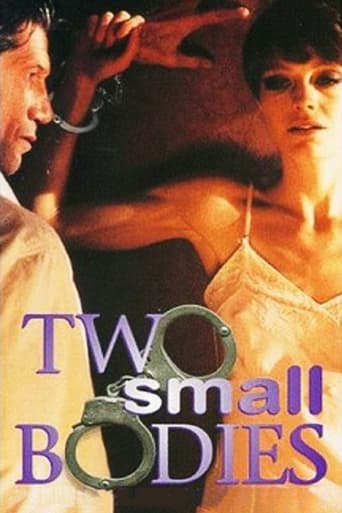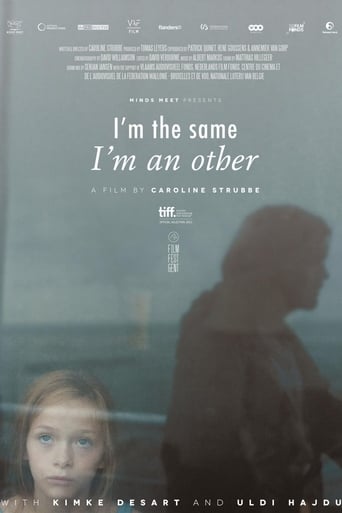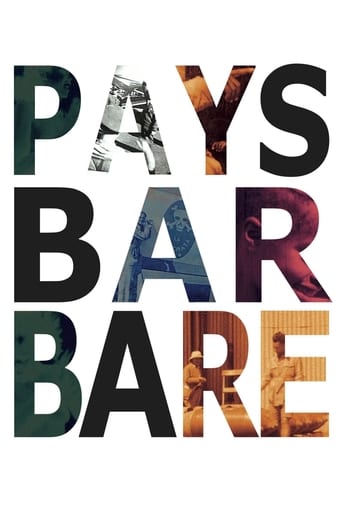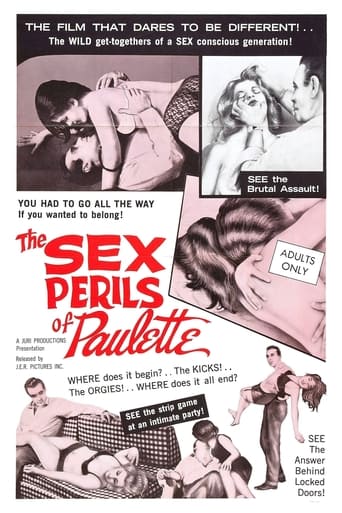The Innocents (2016)
Poland, 1945. Mathilde, a young French Red Cross doctor, is on a mission to help the war survivors. When a nun seeks for her help, she is brought to a convent where several pregnant sisters are hiding, unable to reconcile their faith with their pregnancy. Mathilde becomes their only hope.
Watch Trailer
Cast
Similar titles

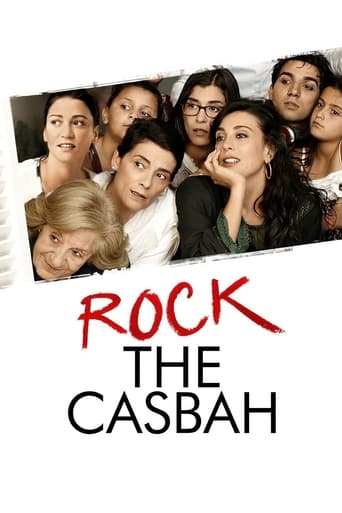
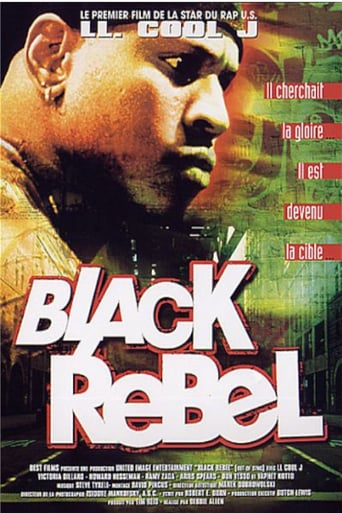
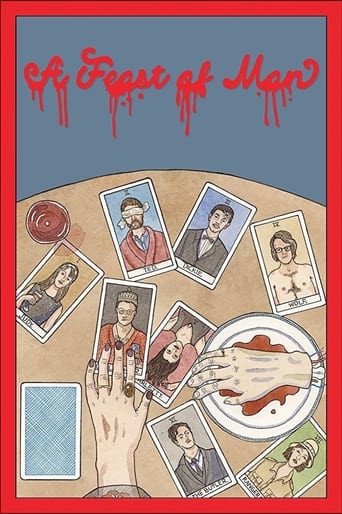
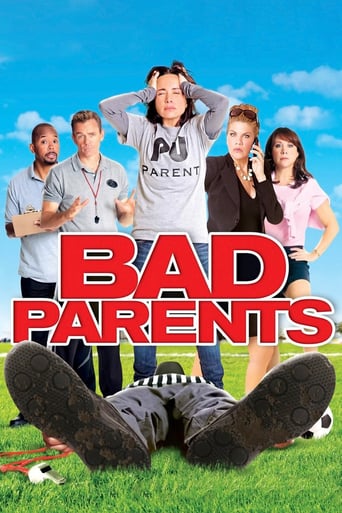
Reviews
A Major Disappointment
There are moments that feel comical, some horrific, and some downright inspiring but the tonal shifts hardly matter as the end results come to a film that's perfect for this time.
The storyline feels a little thin and moth-eaten in parts but this sequel is plenty of fun.
Exactly the movie you think it is, but not the movie you want it to be.
The Innocents is a French film by director Anne Fontaine inspired by true events. The protagonist is a French Red Cross student doctor, Mathilde Beaulieu (Lou de Laâge) who is summoned to a convent by the beleaguered Sister Maria (Agata Buzek), in Warsaw, Poland, right after the end of War War II. Mathilde is based on a real doctor, Madeleine Pauliac, who headed a hospital in that area. Mathilde soon learns from the Mother Superior (Agata Kulesza) that the nuns were systematically raped by Soviet troops who are still in the area and threaten to come back and commit more atrocious crimes. In addition, at least seven of the nuns are pregnant and it's the Mother Superior who is bent on preventing the shameful news from getting out-fearing that the stigma will lead to her flock's excommunication. Mathilde is thus sworn to secrecy and bonds with Sister Maria. Their relationship is one of the strong points of the film, as Mathilde represents science and the outside world and Maria, spirituality. Both learn from one another and in the end, both heroically deliver children of the pregnant nuns. Much of what happens at the convent is absorbing, especially the way each nun copes with terrible adversity. Not everything that happens has a happy ending (one nun commits suicide by jumping from a high precipice in the convent). There are also two harrowing scenes, including one in which Soviet troops reappear and are craftily rebuffed after Mathilde makes up a phony story about a typhus outbreak in the convent. What's more Mathilde is almost raped by a Soviet soldier after her jeep is stopped at a checkpoint. The central weakness of the script is the over-the-top portrayal of the Mother Superior, who is bent on protecting the reputation of the order by falsely informing her charges that she's been putting up the newly minted infants for adoption. In truth, she brings the babies to outside the forest, exposing them to the elements, allowing them to die. Did I believe that this is what actually happened in real life? Not for a second but I suppose the scenarists here needed a shocking turn of events to spice up the denouement. There's also an ineffective subplot involving Mathilde's boss, a young Jewish doctor, who briefly beds her and later joins her at the convent where he assists in another medical emergency. He's only tangentially integrated into the plot and ultimately has little to do but encourage the main character. The Innocents ends on a very hopeful note when the nuns adopt a bunch of kids who have been staying with the Red Cross, hiding the fact that their own children were born under circumstances that could have led to scandal and dissolution of convent life. Some may find the ending a bit maudlin but it couldn't have hurt the film's chances at the box office. Despite the melodramatic excess of the antagonist, The Innocents proves to be fairly gripping, with excellent acting performances all around.
From the director Anne Fontaine. Like any of her works, this is another top class women oriented film. But it was partially based on the incredible true story. Partial means, no one knows what was the actual event. The director and her writers inspired by the diary the French doctor who worked for Red Cross in Poland at the end of the World War II, who wrote down her experience on it. So, with the small-small facts the story was built on for the film. Well done job by the cast and crew.Whenever you hear the word/abbreviation 'WWII', it always bound with nazi Germans. Since this tale takes place just after the war, when the Soviet took over the Poland from them, it is set to reveal one of the extremely hidden secrets. Just imagine how secret it is, like you have read many books and have seen many films regarding the WWII, but you have never heard about this, until now. It is a heart rending tale, but the thing is everything's about the aftermath, how they handled their state of condition.Mathilde, the French doctor is fetched by a nun from the nearby convent is shocked when she reached there to see most of them are in the final stage of their pregnancy. They were sexually abused by the Soviet soldiers, but now she as to keep it quiet as requested by the mother superior. She's being an atheist and to whom she's treating, the believers, is exactly the opposite kind. But not just her, the nuns as well put aside their differences to overcome their situation.❝For us nuns, the end of the war does not mean the end of fear.❞It's right on the coldest winter, does not tell about the original violence, but there's still a few incidents about the army atrocities, how they treated innocent nuns, even the Red Cross members. But remember nothing was the actual depiction. It would have been even better if it was a documentary film. Doing some research and telling us the tale, reading exactly as what was written in the diary. But the film was not bad, except the scene to scene, event to event it was very slow to move, except right on the point.The story has a twist, but it was not like very powerful. It depends on how you would consider it. Because for me, I felt it was too cruel, hard to take on. The story about church people means, you would expect a gentle kind. Or even in such situation, as in this film, to react as much as possibly generously as what they're known for. But in the first place, it was no ones fault. They all fighting for the same reason, especially keeping the outside world in mind, each one reacted differently. So it is understandable, but not all the acts were respectable.As the director said in her interview, this is a period film, but pretty much the same in the contemporary world where war is on. The violence against the innocent women. So it is a debatable topic. And if it was directed by some male filmmaker, he might have risked with the violences in the flashback scenes to bring more depth in the narration. The present film is kind of compromises on that, but still not easy to watch everything it shows. Particularly for the families. Great performances by all. One of the best films on this theme and of the year. The film is not to be ignored. Despite not about the war, but just like 'Under Sandet', about the following event.8/10
Most war films recount history as if women were never involved or their experiences not worth mentioning. That is just one of many reasons why The Innocents (2016) stands out in the war film genre: it is about, for, and made by women. The result is a soulful essay about atrocities committed against a group of nuns during the second world war, portrayed as a complex metaphorical struggle between religious faith, medical science, and evil.The linear plot line is as austere as the film's narrative. We meet a serene and devout convent of Benedictine nuns in Poland who go about their daily prayer with quiet conviction and meticulous adherence to ritual. The serenity is shattered by the scream of a nun about to give birth. One nun fetches a French Red Cross medical intern Mathilde Beaulieu (Lou de Laáge) who sneaks out of the aid mission to help. She learns that Soviet soldiers had raped the nuns and several births were imminent. Mathilde is a non-believer yet is bewildered by the strength of the nun's faith and compelled to help. The nuns believe they are complicit in sin, and some are unable to even submit to medical examination while others do so with deep shame. The tension between sin and evil erupts when the baby is born and Mother Superior takes it out for fostering but instead leaves it in the forest. With more births coming, a convent full of babies cannot survive under Soviet occupation. It is Mathilde who finds an ingenious solution that ensures their survival.Within this narrative arc, there are several strands that explore the nature and practice of faith by a group of women with varied backgrounds and different relationships with their god. Throughout the story, the tension between belief and logic creates a haunting presence. Young Mathilde struggles in a vortex of faith, science and evil, and comes to learn that there are no absolutes. The dystopia of war shatters all, yet faith survives in love and devotion to helping others. She grows emotionally with the experience just as the nun's learn tolerance of those who do not share their faith.While the film has a strong cast of fine performers, it is Lou de Laage who shines brightly in a difficult role. She seamlessly traverses a wide emotional range from inspired awe to resolute determination to help, including restrained romantic explorations with a senior colleague. The portrait-like cinematography conveys the bleak landscape and convent solitude with a sympathetic lens that avoids despair. The film is a tribute not only to the violated nuns but to women of all nationalities mistreated at the hands of military forces. Rape in war continues in modern times, with many nations in denial and others struggling with unresolved shame. This is not an entertaining story, but a dark episode of history on which light has long been needed.
I attended this as part of the BFI season. Festivals always give films extra love, I've noticed, and this is certainly a worthy story, about the fallout of war, in particular told through the story of the aftermath of mass rapes at a convent in Poland.That this packs almost no emotional punch is down almost solely to the writing. In this genre, rounded characters who develop and use of moral dilemma are key and both were noticeably absent here. What we are left with is simply a historical reenactment.Mathilde is the French Red Cross worker who comes to the aid of the nuns to help them give birth to the babies that are the product of the rapes. Her bind is to keep this - and therefore the nature of her aid to the nuns - secret. This is where I feel moral dilemma as a device could have been used more, because her work at the red cross is equally as important and humanitarian and this begins to suffer - but the writing never lets you in on the series of personal revelations Mathilde would have gone through toward the realisation that helping the nuns takes precedence for her. You therefore get no sense of a character arc and this is embodied by the curiously vacant performance of Lou de Lâage. However, its really the script which does not help her.The nuns themselves are not really characters, but two different sets of qualities. The older ones are stoic and taciturn and the younger ones are justifiably innocent and scared. You never get to understand who they are and there is a strange lack of religious context. There is the questioning of faith and God's will, of course. But the world of the Bible, its characters and lessons are their whole universe. How do they view what happened to them? Through the prism of Mary Magdalene? Through Jesus? Through the Book of Job? Their philophising seems to come from an authorial, rather than a character, voice. For a film which evokes this world much more clearly, I really recommend Doubt.There is some very sloppy direction. Early on Mathilde is told off during an operation because of a lack of attentiveness. The doctor yanks down his mask to speak to her. How come he can do this? Is the mask not necessary after all? Why wear it in the first place? Failures of detail here really take me out of a scene.The acting is generally very good and there is some beautiful cinematography. But the writing is lazy and in places so is the direction. For me, this was a missed opportunity to tell a compelling story.
